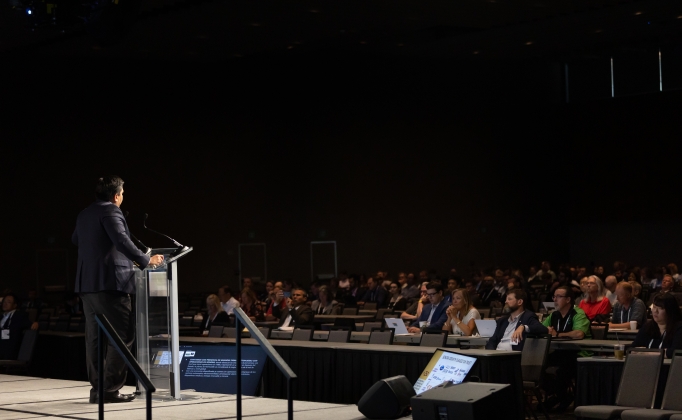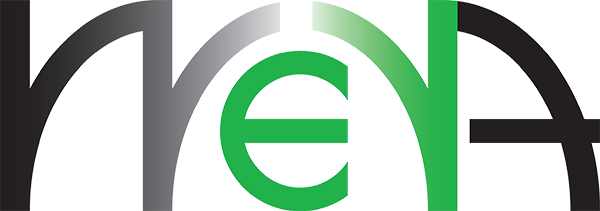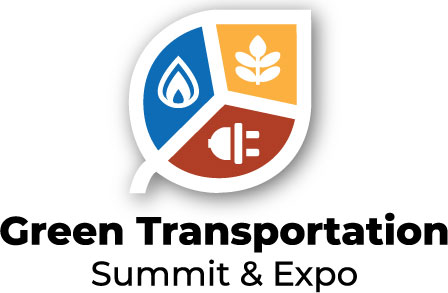Official Language
Abstracts must be submitted in English. All presentations at EVS39 will be in English.
Abstract Modifications
To modify, correct, or withdraw an abstract, log back into your online account using your email and password. No changes will be allowed after the submission deadline.
Confirmation
Once you have created an account, an email confirmation will be sent to your provided email address. The email will provide your login information for abstract submission and editing. A separate email will be sent when you officially save and submit your abstract. If you do not receive notification of your account creation or abstract submission, please follow up immediately with the Symposium Secretariat – JPdL.
Review and Notification to Authors
All completed abstracts will be reviewed by a team of experts in our juried paper program. You will be notified by email regarding the acceptance, acceptance with modification, or rejection of your abstract by December 3, 2025. Only the individual designated as the presenting author (submitter) will receive this notification, which will be sent to the email address provided at the time of submission.
Presentation Format
Authors accepted for lecture and dialogue sessions will submit a final paper to be presented during the symposium and published in the EVS39 Proceedings.
Lecture presentations will be part of the topical sessions in the official Symposium program. Each lecture session will feature a panel of four speakers, with each speaker delivering a presentation accompanied by a PowerPoint presentation and a Q&A period with the audience. Each presentation will last about 20 minutes, followed by a 10-minute question period at the end of the session.
A dialogue session is similar to a poster session, featuring a smaller audience and allowing for specialized discussions. Electronic posters for dialogue presentations will be exhibited throughout the conference, including dedicated sessions with authors on two different days.
Registration
After the acceptance notice is sent, all presenters must also register and pay the registration fee to be included in the program and must attend to present. Presenters of accepted abstracts must complete their registration and payment by February 6, 2026.
Final Paper
Authors of accepted abstracts must submit a final paper by March 6, 2026.
Publication
Accepted abstracts and final papers will be published in the EVS39 Symposium Proceedings. By submitting an abstract, authors agree to its publication by EVS39. Select papers, based on recommendations from the EVS39 program review committee, will be published in the WEVA Journal.
For more details, please refer to the FAQs located in the navigation tab of the submission platform.





